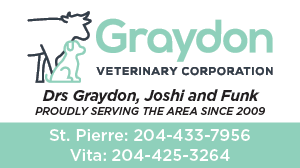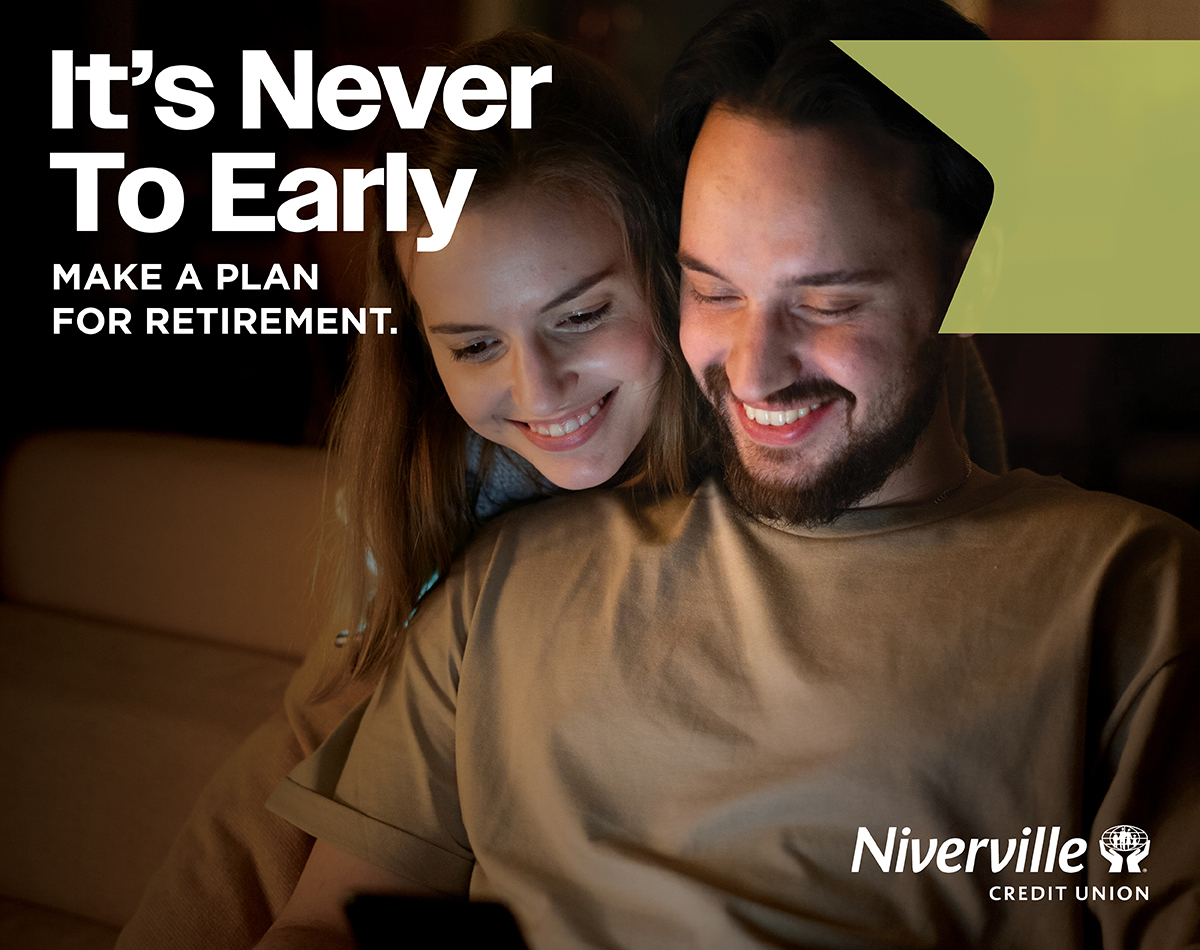
With municipal and school board elections coming up on October 24, voters are looking to a slate of candidates and judging them based on their ideas and platforms. This is the fourth and final article in an ongoing column by Clarence Braun, former mayor of Niverville, about the qualities of leadership we should look for in those who seek to lead us.
I want to begin by congratulating all those who were acclaimed in the upcoming 2018 municipal election. I also want to thank all those who made the decision to enter the various races, whether for municipal council or the local school board. Public service is probably the most rewarding kind of service, as it is allows those involved to be a part of positive change in their communities.
The reasons many people choose to let their names stand for elected office are varied, but I really believe that most people do so with a genuine intention to give back to their community in a general way. There are probably some others who have a specific issue that has fuelled their interest.
Let’s assume that each elected official is running for all the right reasons. If you’re running for office, you’ve probably stated that your goal is to best represent your community. This is never in question until you sit around the table with your fellow elected officials and discuss the issues that come to bear on your neighbours, friends, and family.
You may have some strong opinions and be forced to work alongside those with different perspectives. You may even be asked at some point to keep your personal views to yourself in order to create the perception of public unity.
A unified position can be a really good thing, but if it comes at the cost of our elected officials being unable to be authentic, we need to ask ourselves an important question: is the process as real as it could be?
When I served my two terms as mayor of Niverville, it was difficult at times to respect that process around the table. However, I soon realized that I would need to be a consensus-builder. If I had a predetermined opinion on a course of action, I really couldn’t embrace the differences and strengths of those around me.
The reality is that you can listen to others and think you are engaging with them, but if your mind is already made up you may not be able to actually hear what they have to say.
I’m not certain how each council and school board in our region functions. However, I’m somewhat perplexed at the lack of voices I hear from our elected officials. It seems we often hear from our mayors and superintendents or board chairs, not from our elected councillors and board trustees. It would appear to me that much of the real talk may be happening around boardroom tables—out of the earshot of voters. As such, maybe it’s not as transparent as it could be. The messages seem to be very controlled.
Last month, I wrote about the need for trust to be established in order for communities to move forward. The purpose of engagement is not primarily to gain agreement but rather to hear other people’s perspectives. As people learn to listen and hear others, they have the potential to gain greater understanding.
In retrospect, there were times when I could have been more focused on engagement during my time as mayor. Everyone who serves is owed honour and respect. I really believe that more engagement is the way to bring communities together, not less.
Democracy at its finest leads to greater engagement with people—not just greater, but also more frequent, as opposed to just once every four years. And this engagement process needs to be open and transparent, not a unidirectional message delivered only after school boards and councils have already decided what they are going to do.
I believe there are leaders today who may be afraid to engage with the electorate. After all, elected officials don’t get paid enough to suffer much misunderstanding. It can be a lot easier to stay silent. Without a doubt, by choosing to engage more directly before making decisions, a person opens him or herself to the possibility of being misunderstood.
The reality is that, with any given decision, the electorate isn’t always right. There are times when, after a process of listening and engaging with people, decisions will need to be made which may not be supported by the majority.
Will our leaders be able to endure those disagreements and misunderstandings without receiving offense? Or will the need for broad, universal acceptance by the majority be the cause of further silence?



















